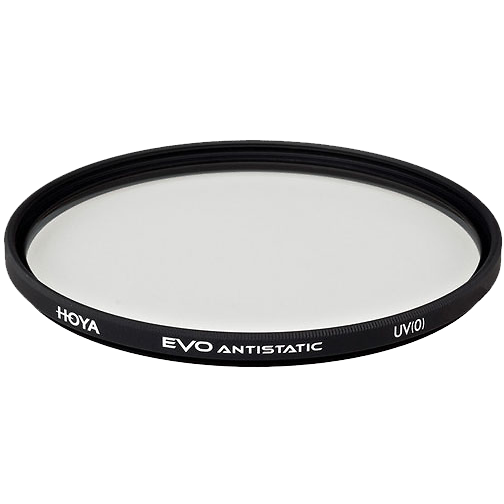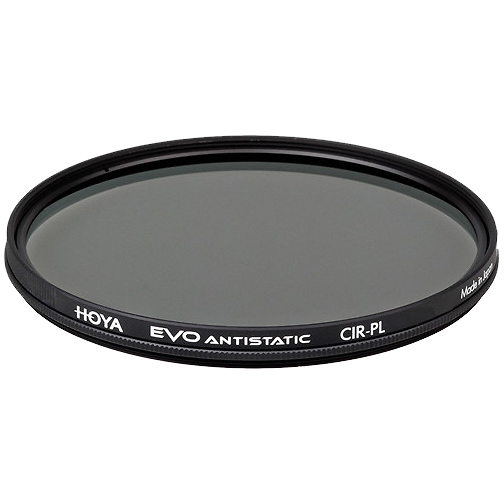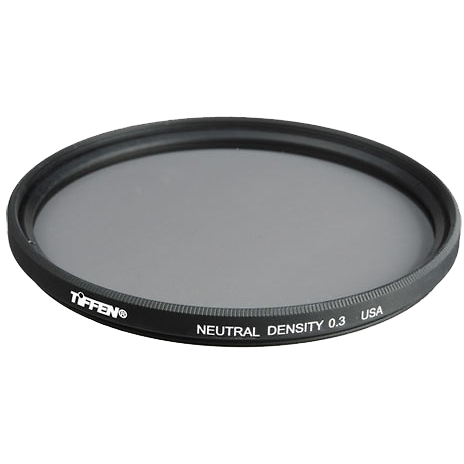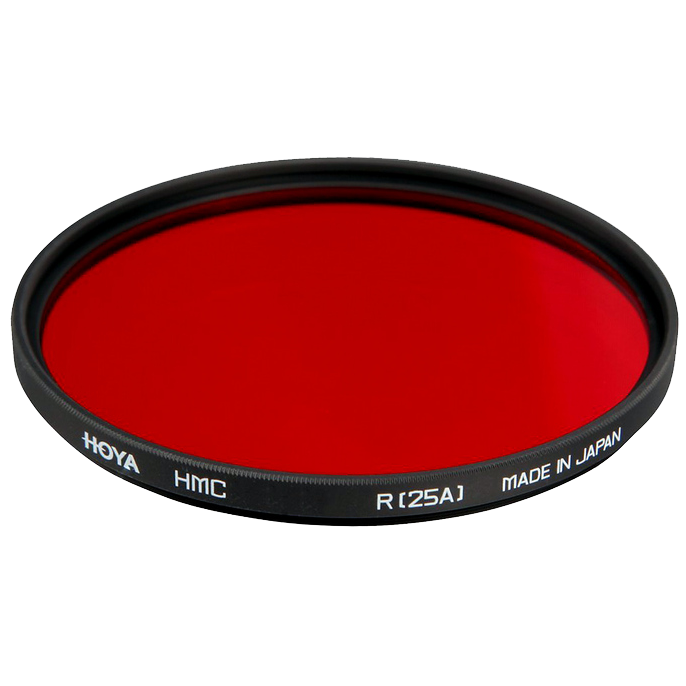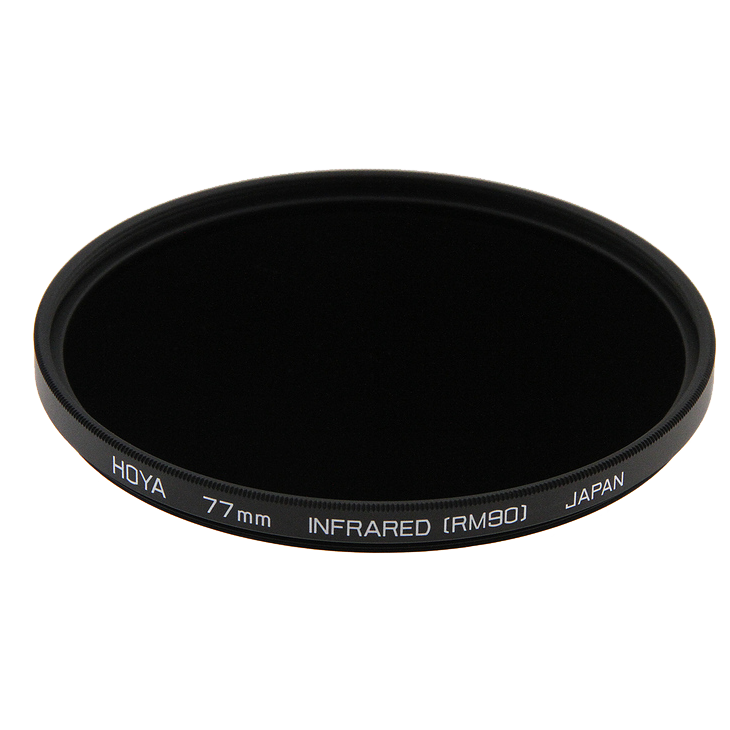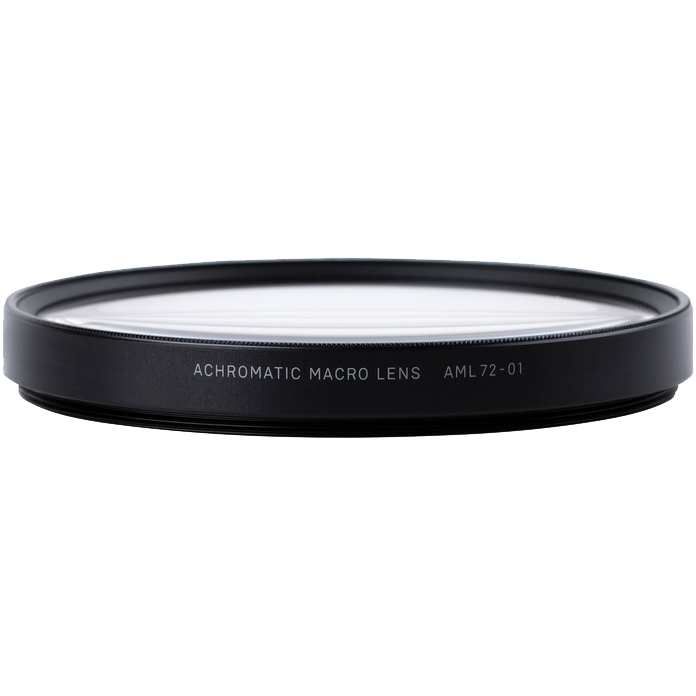Enhance Your Photography with High-Quality Lens Filters
A lens filter is a simple yet powerful tool that protects your lens, enhances image quality, and expands creative control. Samy’s Camera offers a wide selection of filters designed for every type of photography, from professional shoots to everyday moments.
Find the Right Lens Filter for Your Needs
At Samy’s Camera, we carry an extensive range of lens filters that help refine your images by improving contrast, controlling light, and adding unique effects.
UV/Skylight/Clear Filters
A UV or clear filter is an essential addition to any camera setup, offering lens protection from dust, scratches, and moisture while maintaining optical clarity. These filters act as a durable barrier without affecting image quality, making them a must-have for photographers who shoot in various environments.
Polarizer Filters
A polarizing filter is one of the most useful tools for reducing reflections and increasing contrast. By minimizing glare from glass, water, and other reflective surfaces, these filters produce deeper, more vibrant colors. Ideal for landscape and outdoor photography, polarizers make blue skies richer and foliage more defined, enhancing the overall visual impact of your shots.
Neutral Density (ND) Filters
A neutral density (ND) filter reduces the amount of light that enters the lens, allowing photographers to use slower shutter speeds and wider apertures in bright conditions. This is essential for capturing smooth motion blur in waterfalls, light trails, or long-exposure photography, as well as for achieving a cinematic look in video production.
Other Specialty Filters
Samy’s Camera also carries color correction filters, special effects filters, and close-up filters, each designed for specific creative and technical applications. Whether adjusting white balance, achieving soft-focus effects, or getting closer macro shots without a dedicated lens, these specialty filters offer additional creative flexibility.
Protect and Improve Your Image Quality
Our high-quality lens filters are crafted for durability and superior optical performance. Many of our filters include:
-
Multi-coated optics to reduce reflections and enhance contrast
-
Scratch-resistant and weather-sealed glass for long-lasting durability
-
Ultra-thin frames to prevent vignetting on wide-angle lenses
-
Precision-engineered glass for maximum sharpness and color accuracy
Featured Lens Filters
Explore some of our best-selling options:
Heliopan 58mm SH-PMC Protection Filter
A premium multi-coated UV filter that protects your lens while maintaining exceptional optical clarity. Ideal for everyday use, it safeguards against dust, moisture, and accidental scratches.
Leica Universal Polarizing Filter M
A high-quality polarizing filter that enhances color saturation while eliminating glare. Perfect for capturing deep blue skies and richer, more vibrant landscapes.
Tiffen Water White Natural IRND 2.1 Filter (7-Stop, 4 x 5.65 In.)
A professional-grade ND filter that reduces light by 7 stops, making it perfect for long-exposure photography and high-quality video production.
Explore More Camera Accessories
Looking to refine your shots even further? Check out our Lenses & Accessories to ensure steady, sharp images in any setting.
Shop Lens Filters at Samy’s Camera
From lens protection to creative exposure control, Samy’s Camera offers a wide range of UV, polarizer, ND, and specialty filters to help photographers and videographers achieve their vision. Browse our full selection today and take your photography to the next level.





